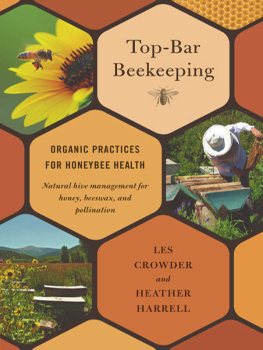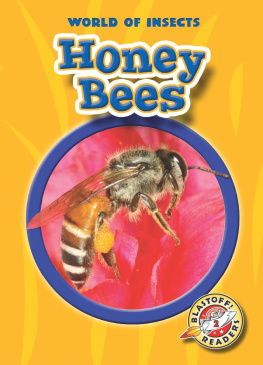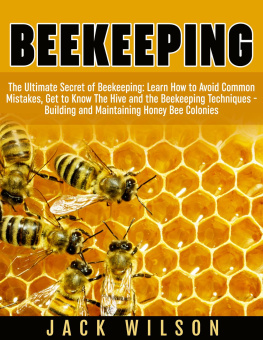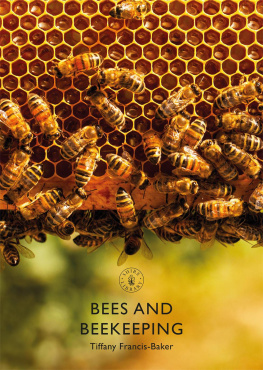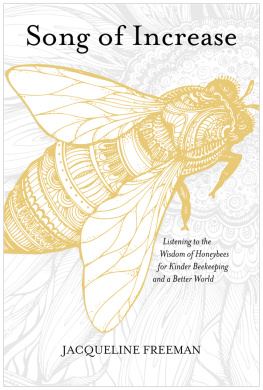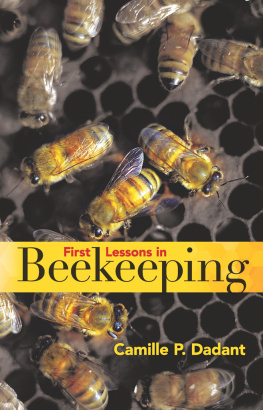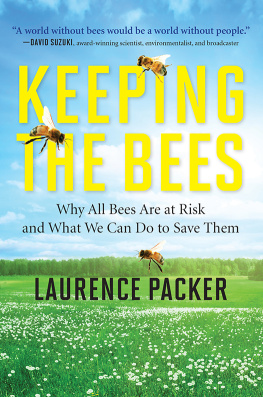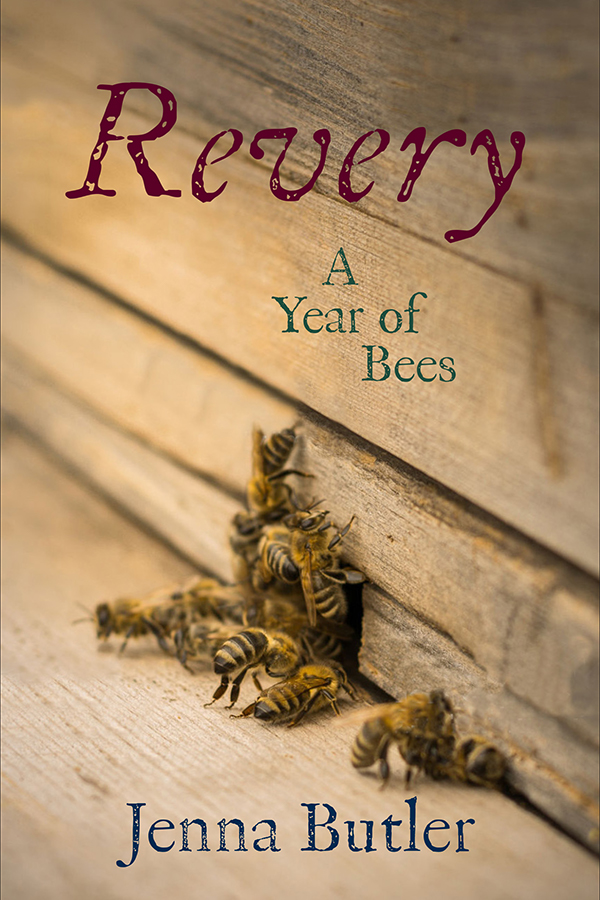other titles by jenna butler
Aphelion
Magnetic North: Sea Voyage to Svalbard
A Profession of Hope: Farming on the Edge of the Grizzly Trail
Seldom Seen Road
Wells
Copyright
Jenna Butler, 2020
No part of this publication may be reproduced, stored in a retrieval system or transmitted, in any form or by any means, without the prior written consent of the publisher or a license from the Canadian Copyright Licensing Agency (Access Copyright). For an Access Copyright license, visit www.accesscopyright.ca or call toll free to 1-800-893-5777.
Cover and interior design: Marijke Friesen
Author portrait: Andrew Wilmot
Typeset in Caslon Book
Printed by Rapido Books, Montreal, Canada
Printed on certified 100% post-consumer Rolland Enviro Paper.
The publisher gratefully acknowledges the support of the Ontario Arts Council, the Canada Council for the Arts and the Government of Canada.
Wolsak and Wynn Publishers
280 James Street North
Hamilton, ON
Canada L8R 2L3
Cataloguing data available from Library and Archives Canada.
ISBN 978-1-989496-13-8 (softcover)
ISBN 978-1-989496-25-1 (ebook)
Epigraph
To make a prairie it takes a clover and one bee,
One clover, and a bee.
And revery.
The revery alone will do,
If bees are few.
Emily Dickinson
Attention is the beginning of devotion.
Mary Oliver
Introduction
Its almost December, the days dimming rapidly toward the turn of the year. Up here in the boreal forest of Alberta, the low sun clears the horizon and noses into our market garden around nine oclock in the morning. It spends much of the day skimming just above the thick fringe of black spruce, willow and paper birch bordering our small farm, offering a few welcome hours of light to the house and our winter-wrapped garden. We moved the farm across the quarter section last year, after yet another county-wide flood a Herculean task involving skid-steers, a couple of large trucks, a half-mile of new gravel driveway and plenty of impromptu rollers but it was worth it for the gorgeous light and air up on the old hayfield, and the precious higher ground away from an increasingly unstable muskeg. Up here, were rebuilding our much-loved garden and hardy orchard after resuscitating the hammered-down hayfield turf through regenerative agriculture, constructing a new greenhouse and reconstituting the life of the farm that was almost lost to flooding over the past five summers.
On a day like today, the small warmth of the sun along the hayfield shelterbelt counterbalances the air temperature just enough to get the bees stirring. As the sun reaches its height in the early afternoon, they spell each other on cleaning flights from the hive, short bursts into the late November air to relieve themselves and to feel the sun for a moment, here in the heart of winter. Its a precarious dance with no margin for error: fly too far or too high, and the cold will seep into their tiny bodies in a way that the meagre warmth of the sun cannot counter. Brief freedom on a mid-winter day can have a high cost for honeybees up here in the boreal.
The colonies are active in spite of the cold a few daring workers coming and going, a scant handful of overexuberant fliers scattered prone on the snow beyond the safe range of flight from the hive. The guard bees thrum to the upper entrance as I blow gently into the opening; theyre reacting to the warmth of my breath and the stirring of the air. They buzz worriedly in response to the intrusion, then quickly calm. I dont know whether bees have the ability to recognize faces the way the resident crows and ravens do, but weve worked with these hives through the warm months without any beekeeping gear, and the queens are used to us by now. Id like to think that the worker bees realize Im only checking in on them, hoping against hope that these hives will make it through the long winter. My husband, Thomas, and I can make sure that the hives are clean and safe, well-stocked with honey and bundled with insulating blankets to protect against the cold, but once the temperature dips, the bees are on their own for the worst of the dark months; we cant break the seals on a hive in the middle of winter to check how everyone is doing. I wonder if they recognize my breath at the entrance not as threat but as concern? I hope youre okay in there, lovelies. I hope youre warm.
Our five-year partnership with the bees has been beneficial to both sides. The bees have been welcomed onto a farm that practises the principles of organic living, employing no pesticides, herbicides or industrial chemicals. The hives have access to twenty acres of organic cover crops and pollinator belts sown specifically for them in the garden buckwheat, alfalfa and sweet yellow clover; borage and phacelia; dill and sunflowers as well as 140 acres of untouched boreal forest rich in wildflowers, catkins and leaf buds. We tend our small apiary carefully, using close monitoring and organic treatments in lieu of heavy-duty sprays and powders, with the long-term goal of raising resilient, hardy colonies and queen bees that are accustomed to our harsh climate. Five years in, we are enthusiastic novice beekeepers, learning something new during each season of our partnership with the bees. Were devoted to our work with the handful of hives that share this space with us, and even more so to the hundreds of thousands of wild bees that call this piece of the boreal home. Our goal has always been to provide and sustain the best life possible for them out here in the forest and among the plants in our garden, under the vast expanse of northern sky.
Along with our growing awareness of the bees delicate ecosystems and the careful balance required to maintain them, both the wild and domesticated bees share so much with us. Our off-grid farmhouse is powered by a small solar array, but its also lit at night by beeswax tapers that we dip ourselves. The raw honey from our hives, stirred into hot lemon and ginger drinks, speeds us through the many illnesses of winter, and the clean white flakes of capping wax add a healing richness to the balms and salves that I make from plants harvested in the garden and out in the forest. When Thomas and I work together each year to can, dry and freeze food for the winter, and when I hang bunches of herbs to dry for tea, were deeply aware that very little of our food would be possible without the constant, quiet attention of the solitary bees that pollinate most of our crops. And, perhaps best of all for our morale for sheer joy the company of the bees is constant and welcome in our market garden and flower beds from March through October. They are the underpinning soundtrack and life force of the farm.
Working with both honeybees and wild bees brings us a deep sense of hope and well-being. Theyve taught us much about calmness and contentment both necessary emotions when working with busy hives and living an off-grid life that can be strenuous in its seasonal tasks and about the fine balance required to keep a colony thriving into and through the depths of winter. Theyve instructed us in resilience, too, in the improbability of their lives in this harsh and changing climate. Mostly, though, the bees have shown us a great deal about how necessary it is to find hope under threat, and how vital it is to protect wild spaces and manage urban development to keep pollinators safe.



